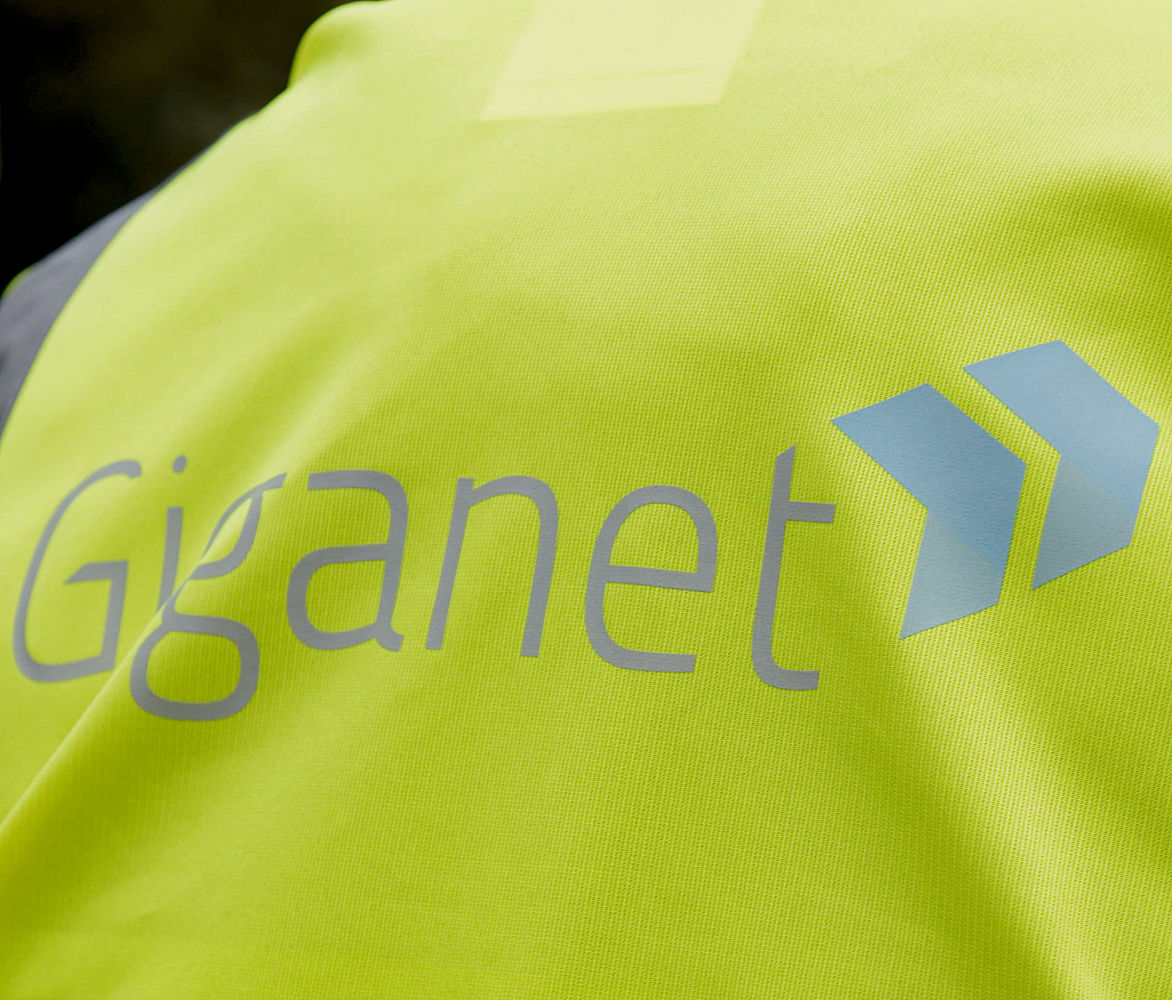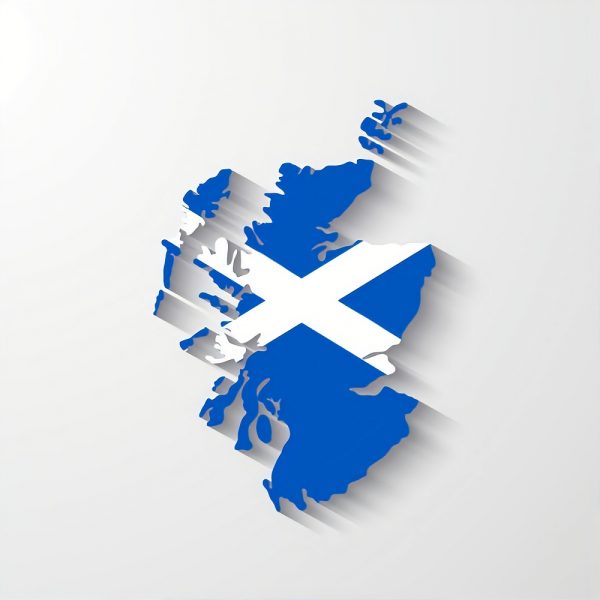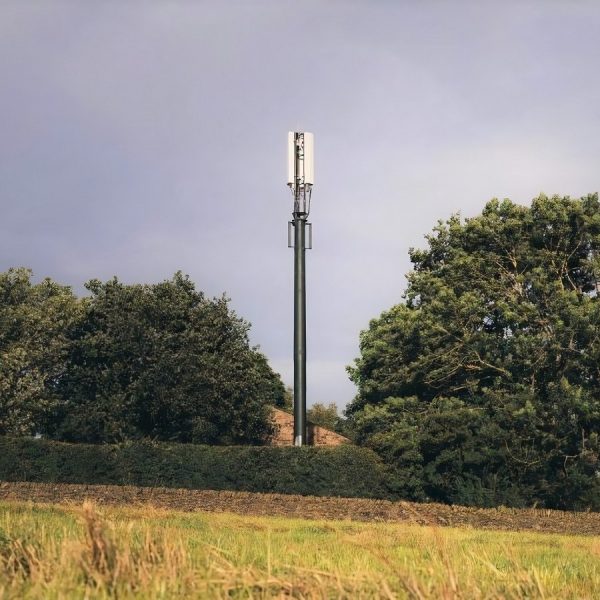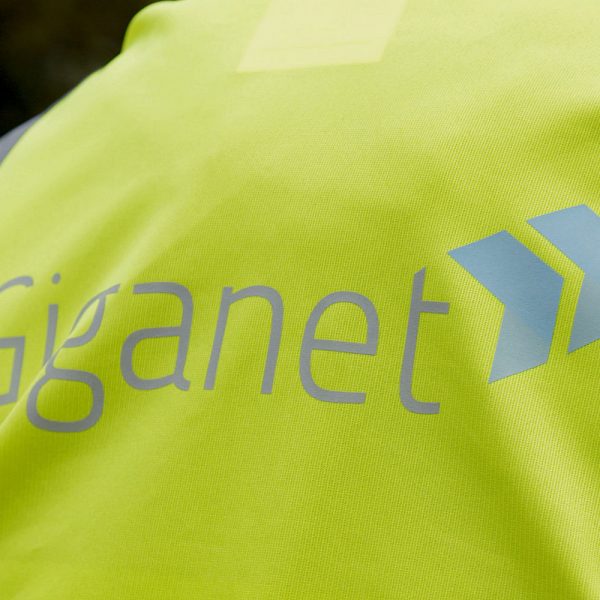Study Finds UK ISP Blocks of Internet Piracy Website Do Sort of Work
A new study of nearly 60,000 Internet users in the United Kingdom has examined whether the 2014 block of 53 pirate websites (copyright infringement) by the largest broadband ISPs had a positive outcome for legal content. The results suggest that it did, although there may be diminishing returns for future blocks.
The study itself, which was spotted by TorrentFreak, was carried out by a three man team working out of Carnegie Mellon University and Wellesley College in the USA. In fact it represents an update to a similar piece of research that was conducted last year (here), which only examined the impact of UK court ordered blocking orders against 19 major piracy sites between October and November 2013.
As most of our readers will know, Right Holders have for several years been able to harness Section 97A of the Copyright, Designs and Patents Act 1988 to secure mandatory “blocking orders” against copyright infringing websites, which must be enforced by the major ISPs (e.g. BT, Sky Broadband, Virgin Media, EE and TalkTalk).
The ISPs then impose network-level blocks against related websites and any directly linked mirrors/proxy clones, although these are often circumvented through use of Virtual Private Networks (VPN), DNS changes, HTTPS or Proxy Servers.
The new research of 53 blocks is based off data on the monthly behaviours of a panel of 58,809 UK Internet users via PanelTrack from August 2014 to February 2015, which includes the three months before the blocks (August-October), the month of the blocks (November) and the three months after the block.
In the prior study the researchers found that the blocking of 19 major piracy websites in November 2013 caused a “significant decrease” in total piracy and a “significant increase” in usage of paid legal streaming sites. So what about the new study?
2016 Study Update – Short Summary
We found that these [53 website] blocks caused a 90% drop in visits to the blocked sites while causing no increase in usage of unblocked sites. This led to a 22% decrease in total piracy for all users affected by the blocks (or a 16% decrease across all users overall). We also found that these blocks caused a 6% increase in visits to paid legal streaming sites like Netflix and a 10% increase in videos viewed on legal ad-supported streaming sites like BBC and Channel 5.
The evidence suggests that blocking large numbers of sites can still “move the dial” in terms of consumer behaviour, but that there may be diminishing returns as remaining pirates may be more dispersed or else have lower willingness to pay for legal content. Nonetheless, such blocks can serve to mitigate the possibility of a long-term return to the prior status quo.
The research also noted that some users of the blocked sites did seem to employ technical workarounds to continue usage of the blocked sites. The “coefficient of interest for visits to VPN sites” is said to be positive and significant at the 90% confidence level, indicating that for every 10 additional visits to blocked sites before the blocks, a consumer increased their visits to VPN sites after the blocks by an additional 30%.
However the study does not observe the behaviour of each user – rather, users were segregated into 10 different segments based on the number of times they visited the blocked sites during August and September of 2014 and in that sense it’s focused more on the causal impact of such blocking (educated guess work). On top of that it only observes a few types of legal behaviour (ad supported streaming and subscription streaming), despite the fact that thwarted pirates may also turn to a la carte purchases, DVD/Blu-Ray purchases or rentals.
Similarly it’s noted that the 53 blocks occurred after a number of other major blocking actions in the UK. Thus, the Internet users who remained as pirates at the beginning of these blocks “likely are not representative of typical pirates“. Rather, they are likely to be individuals who were both capable of and showed a preference for pirating long after many of the most popular and reliable piracy sites had been blocked, which could imply that they are either much more educated about piracy websites or that they have lower willingness-to-pay for legal content.
Mark is a professional technology writer, IT consultant and computer engineer from Dorset (England), he also founded ISPreview in 1999 and enjoys analysing the latest telecoms and broadband developments. Find me on X (Twitter), Mastodon, Facebook and Linkedin.
« Ofcom UK – Vodafone in Trouble for Dodgy PAYG Mobile Sales and Billing
Latest UK ISP News
- FTTP (5516)
- BT (3514)
- Politics (2538)
- Openreach (2297)
- Business (2262)
- Building Digital UK (2245)
- FTTC (2044)
- Mobile Broadband (1973)
- Statistics (1788)
- 4G (1664)
- Virgin Media (1619)
- Ofcom Regulation (1461)
- Fibre Optic (1395)
- Wireless Internet (1389)
- FTTH (1381)
























































Comments are closed